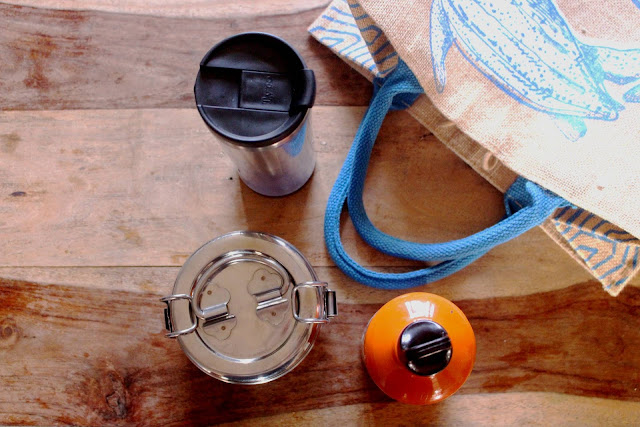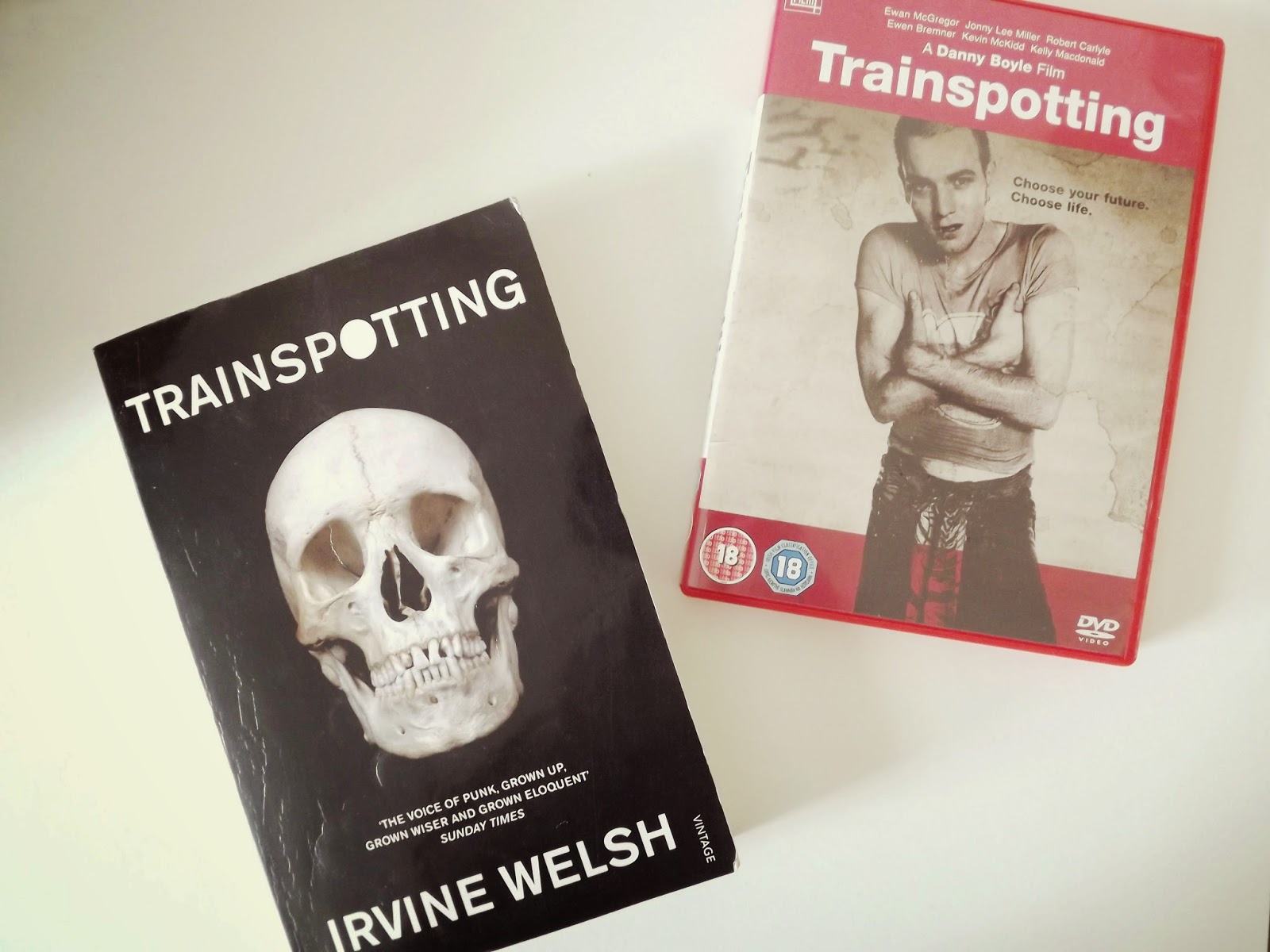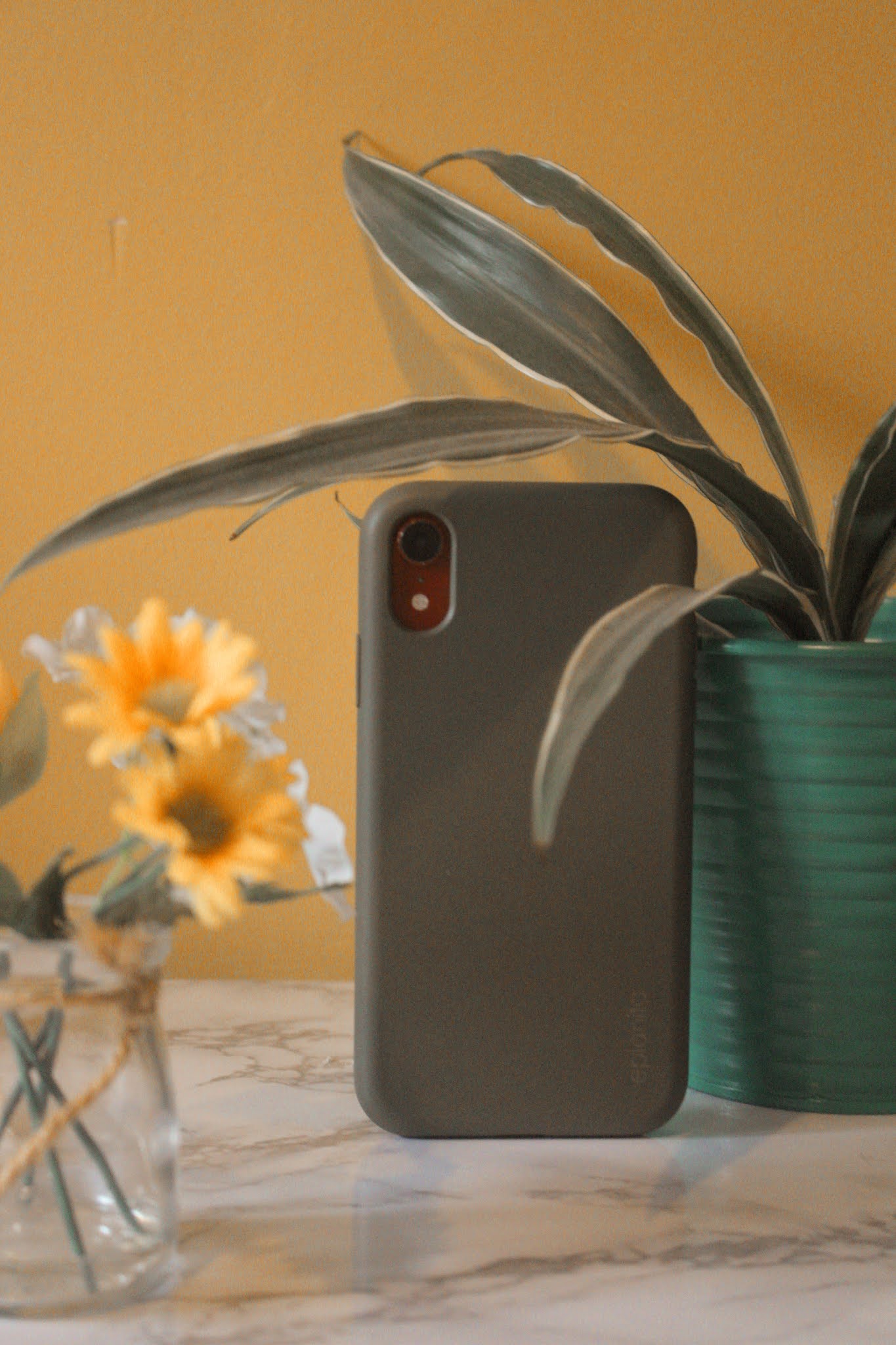Why It's Okay to Suck at Saving the Planet
Zero waste, plastic free and reduced waste - whatever you want to call it, the aim is to try and save the planet. Today I want to have a little chat about why it's okay if you feel like you're doing a crap job at being an eco warrior.
Over the past few months, action to try and combat the Climate Crisis has soared, particularly with the rise of the Extinction Rebellion movement who I believe are doing an amazing job. At the same time we are constantly discovering new ways that we are damaging the planet and new solutions to these problems.
To many people, this can be so daunting. I would be lying if I said that I didn't often feel overwhelmed by the amount of changes to my life that I want to make to help the planet. One day you are living your normal life and all of a sudden you want to have no waste, rid your life of microplastics, never set foot on a plane again and go Vegan overnight. The amount that you can do to help the planet is overwhelming but you don't have to do it all. What we read and see on social media can make us feel like we have to cut out every inch of plastic in our lives and never shop on the hight street and hey, if you're in a position to completely change your life around then that's amazing but for a lot of 'normal' people, it's simply not practical. We need to be realistic about this if we want to make it work.
I recently came to New Zealand to travel with my boyfriend. Before I came travelling I hadn't really considered the impact of my flight on the environment and now I sometimes find myself worrying that I'm rubbish at trying to be sustainable because I am going to have to take a few flights on my way back home. Am I a hypocrite?
On top of this, my attempt to cut out and reduce plastic as much as possible in my life isn't going as I wanted it to. I have found NZ to be quite rubbish for bulk food stores and not having plastic packaging in supermarkets, literally everything seems to be wrapped in plastic or come in plastic containers, especially ones that can't be recycled. I am currently living in a small town in the middle of nowhere. It has one supermarket, a pharmacy, loads of ski shops, a few restaurants/takeaways/cafés, accommodation and that is it. You're not going to find a zero waste shop for a few hundred KMs. The next closest town to here is over 1 hour away and there is no public transport. Yes, I admit I have put myself into this situation. I have tried to be somewhat prepared by purchasing new shampoo bars before I arrived. I am also looking into getting a veg box delivered because it's something that is offered in the area, is full of locally produced veges and will hopefully have less plastic than the stuff offered in supermarkets. Perhaps I should have purchased loads of jars and stocked up to the max in a city with bulk food options but this wasn't practical for me in terms of time and affordability.
On top of this, my attempt to cut out and reduce plastic as much as possible in my life isn't going as I wanted it to. I have found NZ to be quite rubbish for bulk food stores and not having plastic packaging in supermarkets, literally everything seems to be wrapped in plastic or come in plastic containers, especially ones that can't be recycled. I am currently living in a small town in the middle of nowhere. It has one supermarket, a pharmacy, loads of ski shops, a few restaurants/takeaways/cafés, accommodation and that is it. You're not going to find a zero waste shop for a few hundred KMs. The next closest town to here is over 1 hour away and there is no public transport. Yes, I admit I have put myself into this situation. I have tried to be somewhat prepared by purchasing new shampoo bars before I arrived. I am also looking into getting a veg box delivered because it's something that is offered in the area, is full of locally produced veges and will hopefully have less plastic than the stuff offered in supermarkets. Perhaps I should have purchased loads of jars and stocked up to the max in a city with bulk food options but this wasn't practical for me in terms of time and affordability.
Being able to drastically reduce waste and to wholly commit yourself to a life of sustainability is a privilege.
My experience of trying to live sustainably in NZ has made me realised how easy it was to live an eco friendly life in a city and have zero waste stores and farmers markets coming out of your ears and walk everywhere or take public transport. It's also much easier to live a sustainable life when you have a steady income. It is clear how many can feel disillusioned by the reduced waste/plastic free movement because we don't all have access to resources to allow us to lead a wholly sustainable life.
I recently posted about how I am boycotting fast fashion for a year in order to try and reduce demand for fast plastic filled fashion and to promote change. When you see people around you making such drastic changes, it can feel like you need to do the same but not everyone is able to as it's not always financially or physically viable for everyone to do so - and that's okay! Being aware of the problems contributing to the climate crisis will allow you to make more conscious decisions during your daily purchases. Even if your contribution is small, it's better than doing nothing at all. As long as you try to make a change, even if it is a small one!
"You are never too small to make a difference" - Greta Thunberg
5 of the Easiest Changes You Can Make
1.Reusable coffee cups - keep an eye out for one in charity shops/second hand stores - I picked one up for $2/£1. Or if you forget your reusable cup, drink your coffee in the café out of a mug.
2.Reusable waterbottles - again check charity shops and second hand stores - I got mine for $1/50p!
3.Reusbale bags - take your own bag to the shops with you rather than using plastic bags/plastic bags for life.
4.Avoid over packaged items - opt for items without plastic packaging if they are available and within your budget e.g. buy coffee in a glass jar rather than a plastic packet.
5.Recycle and reuse what you can - Recycle anything that can be recycled and reuse items. E.g. Use old jars for storage - see pinterest for loads of great ideas. Send clothes and unwanted items to charity shops rather than sending them to landfill.
The message I want you to take away from this post is don't get caught up on the fact that you aren't perfect at being zero waste and that you're not plastic free. As long as you are trying to make a difference, that is what counts.
How are you making a difference? How do you often find yourself slipping up?
Facebook | Twitter | Bloglovin | Instagram






Comments
Post a Comment
Thanks for commenting, I will reply to your comment but you can also tweet me at @amyleehaynes or e-mail me at: amyleehaynes@hotmail.co.uk